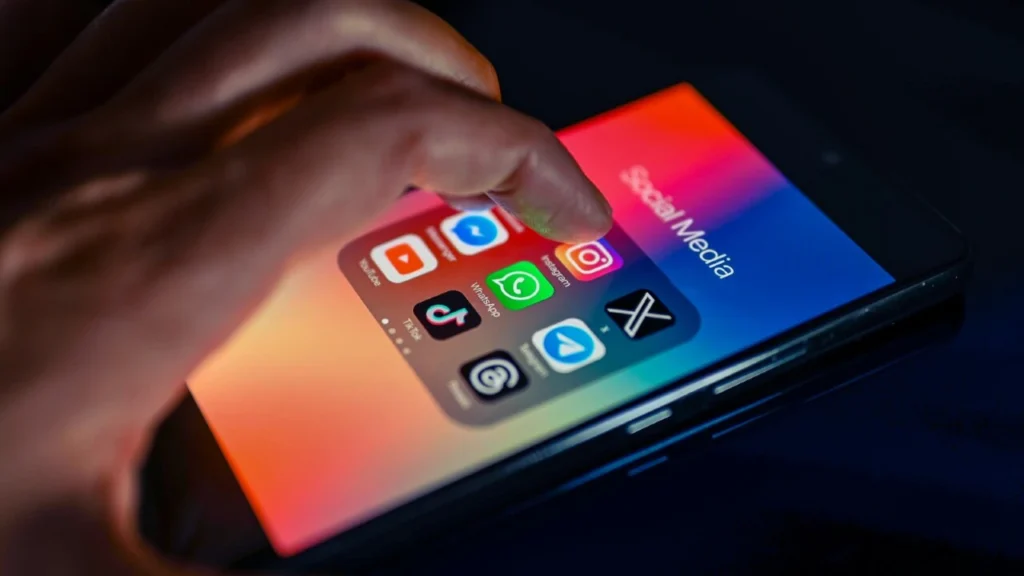Australia has enacted one of the world’s toughest social media regulations by imposing a ban on children under the age of 16 from using platforms like Facebook, Instagram, and TikTok. The move, announced late Thursday after a highly charged national debate, has elicited a mixed response, ranging from anger to relief. The law mandates that tech giants, including Meta Platforms (owner of Facebook and Instagram) and TikTok, prevent minors from logging into their platforms, with penalties of up to A$49.5 million (roughly $32 million) for non-compliance. The enforcement of the ban will begin in January 2025, with full implementation slated for a year later.
Australian Prime Minister Anthony Albanese defended the law, citing the physical and mental health risks associated with excessive social media use, particularly for young users. He emphasized the harmful effects of harmful body image portrayals and misogynistic content on platforms, which disproportionately affect children and teenagers. Albanese stressed that the new law would ensure the safety of children and enable parents to have more control over their children’s online presence. “Platforms now have a social responsibility to ensure the safety of our kids is a priority for them,” said Albanese.
However, the announcement has generated considerable backlash. In Sydney, some residents applauded the initiative, with one stating it was “a great idea” to protect children from inappropriate content. Yet, others, like 58-year-old Shon Klose, voiced strong opposition, accusing the government of undermining democracy and forcing laws upon the people. Meanwhile, children have already expressed their intent to find ways to bypass the ban. “I feel like I still will use it, just secretly get in,” said 11-year-old Emma Wakefield.
Australia’s ban places it at the forefront of global efforts to regulate social media for minors. While countries such as France and some U.S. states have passed similar laws that require parental consent for minors, Australia’s ban is absolute. Critics argue that the law was rushed through parliament without adequate scrutiny, particularly the concerns raised by mental health, online safety, and youth advocacy groups. TikTok, which has a massive teenage user base, voiced disappointment, warning that the ban could push children into more dangerous corners of the internet.
The move also puts Australia at odds with tech giants, particularly in its growing relationship with the U.S., where the law could strain diplomatic ties. It follows a series of confrontations between Australia and Big Tech, including its pioneering move to make platforms pay media outlets for sharing content. The Australian government, however, has justified the law as an essential step to protect children, likening it to restrictions on alcohol consumption for minors. As the trial phase begins, the world will watch closely to see if Australia’s bold move becomes a model for other nations, or whether it triggers a pushback from the tech industry and advocacy groups.



